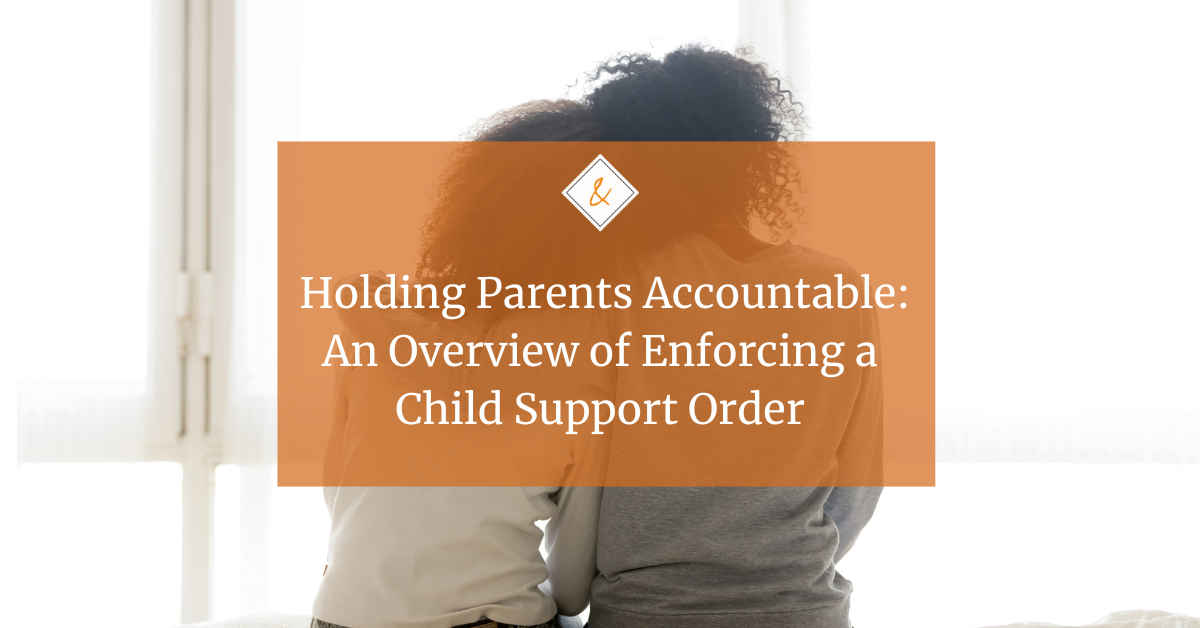As many parents know, something about children reaching their teenage years sets them on a path of resistance. Being told what to do just does not sit right with a rebellious teenager, often leaving parents to suffer the consequences of their actions. But what happens when the rebelling teenager does not want to follow a custody order set by the court? It is one thing to refuse to do laundry and clean the bathroom, but another to refuse to go to the other parent’s house pursuant to a court order.
As a result, parents are often afraid that they will be found in contempt simply because their teenager refuses to go see the other parent. Look, I get it—many teenagers are just not going to listen to what parents say. However, the other parent may think that some undue influence is being placed upon the teenager to let them believe they do not have to go to the other’s house. While this is a difficult situation, there are some tools a parent can use to at least avoid the blame being placed on them for their teenager’s refusal to see the other parent.
- Encourage them to go. Parents should not just sit idly by and let the teenager make the rules. Barring some safety and well-being concerns, a parent should encourage the teenager to see the other parent as required by the order. The parent should encourage a relationship with the other parent and talk with the teenager to address any concerns they may have. It may be beneficial to offer certain incentives: “Go see your mom/dad and when you get back I will let you borrow the car to hang out with your friends” (assuming they have their license and are old enough to drive). In addition, while it does not help to involve the teenager in custody disputes between the parents, it can sometimes be beneficial to put the situation into perspective for the teenager and let them know that the parent could get in trouble if the teenager does not go.
- Get help from friends/family. Sometimes a parent’s words are just not enough. Sometimes it really does “take a village.” If the teenager is just not listening to the parent, get help from others such as those the teenager may perceive to be in a position of authority or with whom the teenager may have a trusting relationship. Hearing the same advice from other friends or family members may motivate the teenager to understand why compliance with the order is important and appropriate. Furthermore, the parent with custody of the child should get the other parent involved. A parent should not just throw their hands up and say “Oh well, nothing I can do.” They should seek the input and involvement of the out-of-custody parent as well. This does not mean just instructing the teenager to reach out to the other parent directly. The parent with custody should pick up the phone and ask the other parent to get involved. Let the other parent know the efforts that have been made already and that their assistance would be helpful in getting the teenager to follow the court-ordered schedule.
- Ensure there are consequences. If all else fails, and the teenager still refuses to go, ensure that there are consequences for their actions and there is some level of accountability. If a teenager does not do their homework or does not do their chores as they are supposed to, there are consequences. The same should apply to not being willing to go see the other parent. Whether this means setting curfews, taking away possessions (cell phone, video games, car, etc.), or simply limiting their ability to do what they enjoy doing in their free time, the teenager should know there will be consequences for not going to see the other parent.
No teenager likes to be told what to do. However, the tools referenced above may help. While what has been presented here is not an exhaustive list, doing these things will help push the teenager to complying with the court order and to show the other parent, and if necessary, the court, that you are doing all that you can to avoid a contempt finding!



